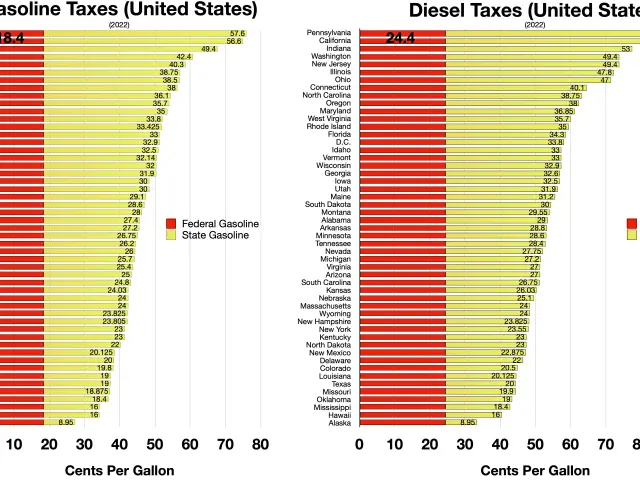Energy Minister Reiche Announces 'Legislative Cascade' - Germany's Energy Transition: Minister Reiche Outlines 10 Key Guidelines for Efficiency and Cost-Effectiveness
Federal Minister for Economic Affairs and Energy Katherina Reiche has outlined a comprehensive plan to advance Germany's energy transition. She emphasises the need to balance climate protection with competitiveness, highlighting ten key guidelines to make the transition more efficient and cost-effective.
Reiche aims to maintain the legal targets for renewable energy expansion while adapting the process to demand. She proposes a 'cascade of laws' for the autumn to steer the energy transition in the right direction.
The minister has proposed ten key measures. These include honest demand assessment and planning realism, market- and system-oriented promotion of renewable energies, and synchronized expansion of grids, renewables, and decentralized flexibility. She also advocates for a technology-open capacity market, advancement of flexibility and digitalization in the power system, and preservation of unified, liquid energy markets.
Reiche plans to review and systematically lower subsidies, such as those for photovoltaic roof systems. She also aims to promote future-oriented research and innovation, pragmatic promotion of hydrogen ramp-up, and reduction of overly complex regulations. Additionally, she proposes the establishment of CCS/CCU as climate protection technologies.
Minister Reiche's plan seeks to optimize the energy transition, ensuring it remains competitive while achieving its climate protection goals. The proposed measures aim to streamline the process, reduce costs, and adapt the expansion of renewables to demand. The upcoming 'cascade of laws' is expected to provide more details on these initiatives.
Read also:
- Trump administration faces lawsuit by Denmark's Ørsted over halted wind farm project
- Police station transfer ceremony in Horb am Neckar
- Unchecked Management of HP Dams Leads to Environmental Disaster: RTI Reveals
- Rapid advancements in automotive policies worldwide fuel transition towards electric vehicles








